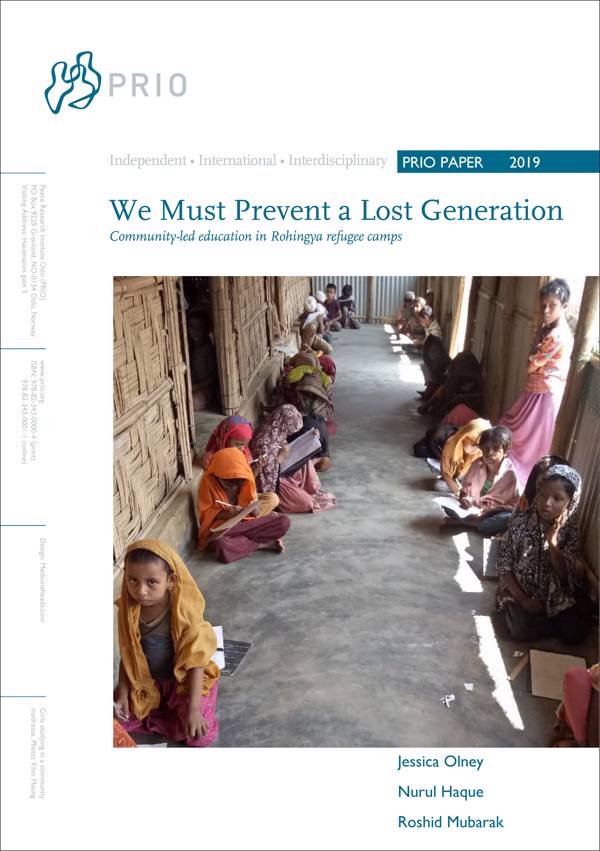After the August 2017 crisis that forced them to flee their native Myanmar, Rohingya refugees have attempted to re-build a semblance of normalcy in the squalid camps of Cox’s Bazar District in Bangladesh. While basic survival needs in terms of food, shelter, water, and health services are steadily being addressed, the education needs of these refugees remain largely unmet. The Government of Bangladesh restricts formal schooling for refugee children and youth, and the lack of education has become a major source of concern and despair for refugees.
In response, numerous refugee-led networks of community teachers have formed in an attempt to fill the gap in formal education. This report presents a mapping study that seeks to identify these networks and explore their role within the refugee community. Such networks represent a wellspring of human resources that could be fruitfully engaged by humanitarian agencies working to improve the education situation for refugees in the camps.






